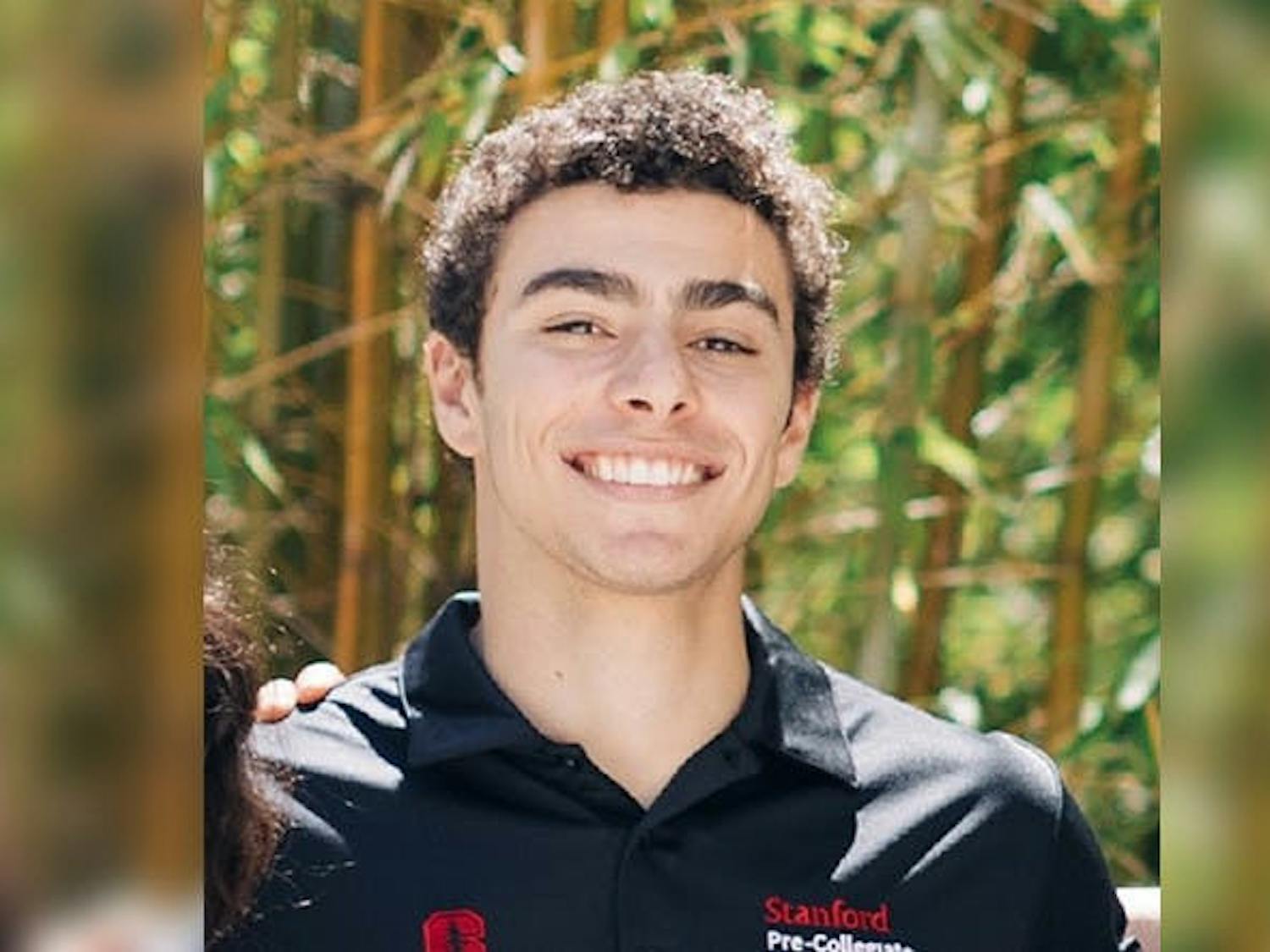He read the paper, which focuses on Abraham Lincoln's feelings about religion, to a responsive audience of mainly faculty and graduate students which half-filled an auditorium in Stiteler Hall. Kazin explained the role that religion played in Lincoln's life and in his feelings about slavery. He used excerpts from Lincoln's speeches, most notably his second inaugural address. But Kazin pointed out several times that despite what he said in his speeches, Lincoln never joined an organized church. Kazin also discussed William Faulkner and said that experiences in both men's formative years -- particulary the influence of the South -- shaped their feelings about religion. "The experience of his life thrust [his feelings about religion] upon him," Kazin said. These influences are lessening as the South becomes more like the rest of the country, Kazin said. Most of the audience remained for over 45 minutes to ask questions. College junior Danny Cohen said Kazin's speech focused tightly on Lincoln and religion. "There was something very specific he wanted to talk about," Cohen said. Kazin spoke as part of the PEN at Penn program, which is funded by Gayfryd and Saul Steinberg. A committee of faculty members choses the speakers from the ranks of the PEN American Center, a worldwide association of poets, playwrights, editors, essayists, novelists, and translators. The other speakers scheduled for this fall are author John Wideman who is also a University alumnus and former professor of English, and historian and political critic Arthur Schlesinger, Jr.
The Daily Pennsylvanian is an independent, student-run newspaper. Please consider making a donation to support the coverage that shapes the University. Your generosity ensures a future of strong journalism at Penn.
DonateMore Like This
Here’s how Penn plans to celebrate America’s 250th anniversary
By
Arti Jain
·
17 hours ago
Van Pelt Library discontinues bag check security policy
By
Christine Oh
·
17 hours ago








